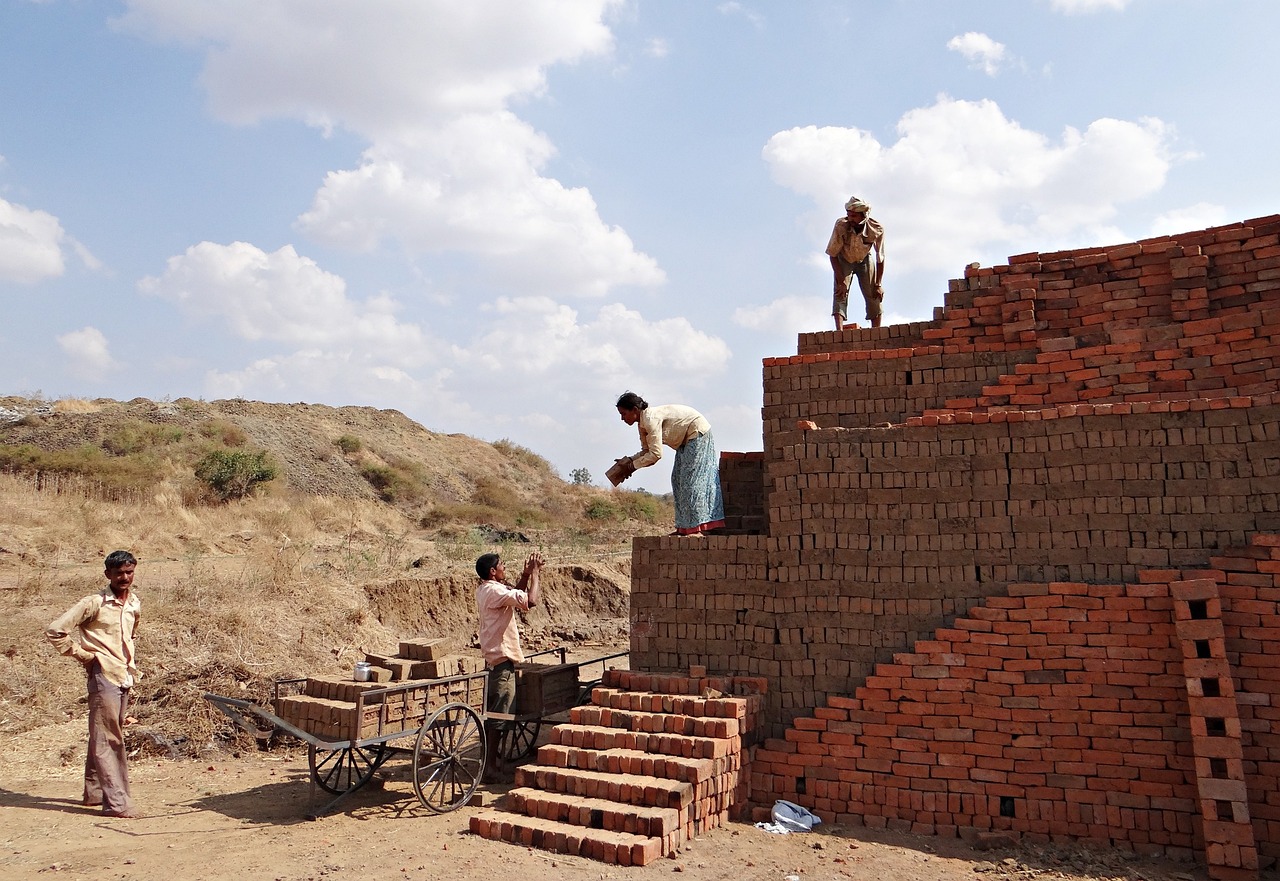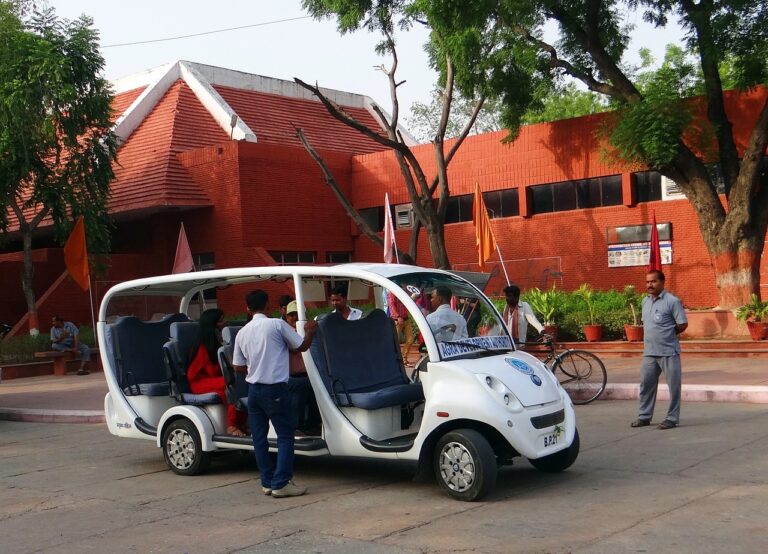Media Bias and its Impact on Election Coverage
Media ownership plays a significant role in shaping election coverage. When media outlets are owned by conglomerates or individuals with specific political interests, there is a risk of biased reporting and selective dissemination of information that aligns with the owners’ agendas. This can result in a distortion of the news and influence public opinion in a particular direction.
Moreover, media ownership can also impact the diversity of perspectives presented to the public during election coverage. If a few entities control a large portion of the media landscape, there is a higher likelihood of homogenized narratives and limited representation of various ideologies and viewpoints. This lack of diversity in media ownership can restrict the public’s access to a comprehensive range of information, potentially shaping their understanding of political candidates and issues through a narrow lens.
The Role of Confirmation Bias in Shaping Media Narratives
Confirmation bias plays a significant role in shaping media narratives during election coverage. When journalists and media outlets already hold certain beliefs or opinions, they tend to interpret information in a way that confirms their preexisting viewpoints. This can lead to the dissemination of biased information to the public, reinforcing existing narratives rather than presenting a fair and balanced view of the political landscape.
Furthermore, confirmation bias can also influence the selection of sources and experts consulted for election reporting. Journalists may unconsciously favor sources that align with their own beliefs, resulting in a one-sided presentation of information to the audience. This can create an echo chamber effect where audiences are only exposed to information that confirms what they already believe, rather than being presented with a diverse range of perspectives.
• Confirmation bias leads journalists to interpret information in a way that aligns with their preexisting beliefs
• Biased information can reinforce existing narratives rather than providing a balanced view of the political landscape
• Journalists may unconsciously select sources that confirm their own beliefs, leading to one-sided reporting
• The echo chamber effect occurs when audiences are only exposed to information that confirms their existing beliefs
The Impact of Social Media on Election Reporting
Social media has revolutionized the landscape of election reporting in recent years, offering a platform for real-time updates and direct interactions with politicians and voters alike. News organizations now heavily rely on social media to disseminate information quickly and reach a wider audience, often breaking stories and trends before traditional news outlets can catch up. This instantaneous nature of social media reporting has not only sped up the news cycle but has also added a layer of complexity in verifying the accuracy and credibility of information shared.
Furthermore, social media has enabled anyone with internet access to become a content creator and share their perspectives on political events, thus diversifying the sources of information available to the public. While this democratization of media has its benefits in promoting transparency and inclusivity, it also raises concerns about the spread of misinformation and the potential for polarizing narratives to gain traction. As such, the impact of social media on election reporting extends beyond just providing a new channel for information dissemination, but also encompasses the broader implications of how information is consumed, interpreted, and shared in the digital age.
How does media ownership influence election coverage?
Media ownership can impact election coverage by shaping the narratives presented to the public, potentially leading to biased or incomplete reporting.
What role does confirmation bias play in shaping media narratives during elections?
Confirmation bias can influence media narratives by causing journalists to seek out information that confirms their existing beliefs, potentially leading to a one-sided or distorted portrayal of events.
How has social media changed the landscape of election reporting?
Social media has had a significant impact on election reporting by allowing for real-time updates, citizen journalism, and the rapid spread of information. However, it has also raised concerns about the spread of misinformation and the echo chamber effect.







